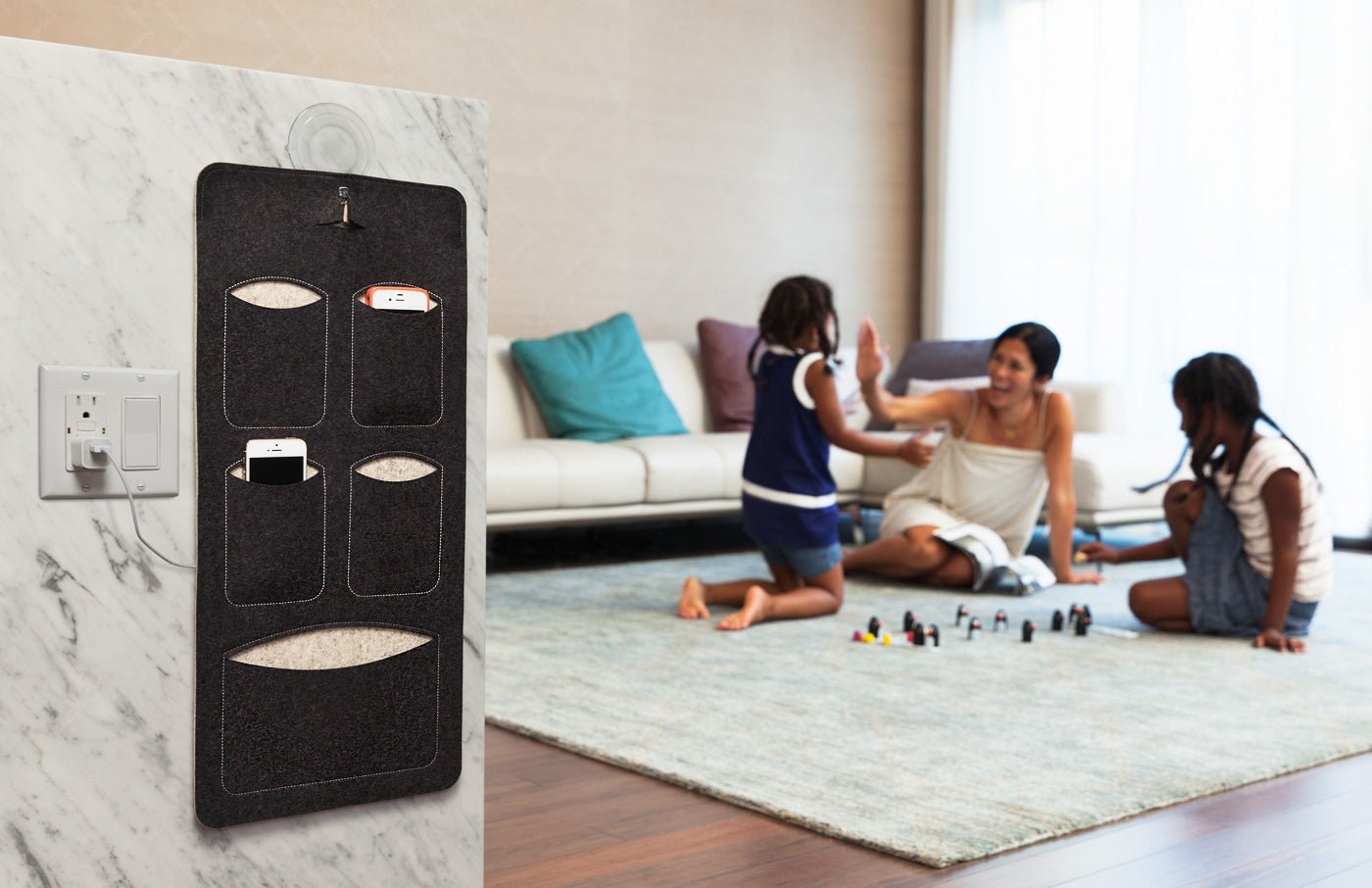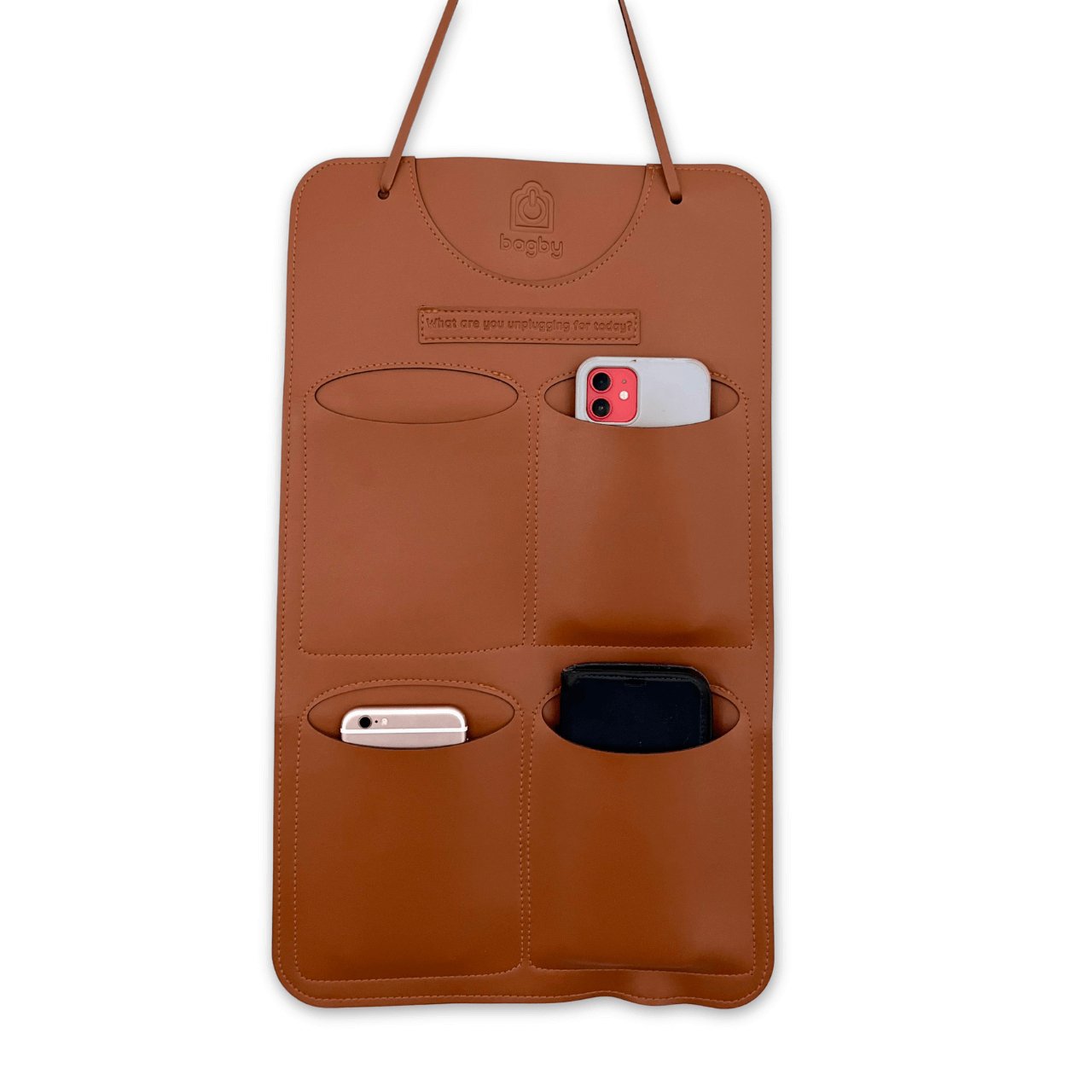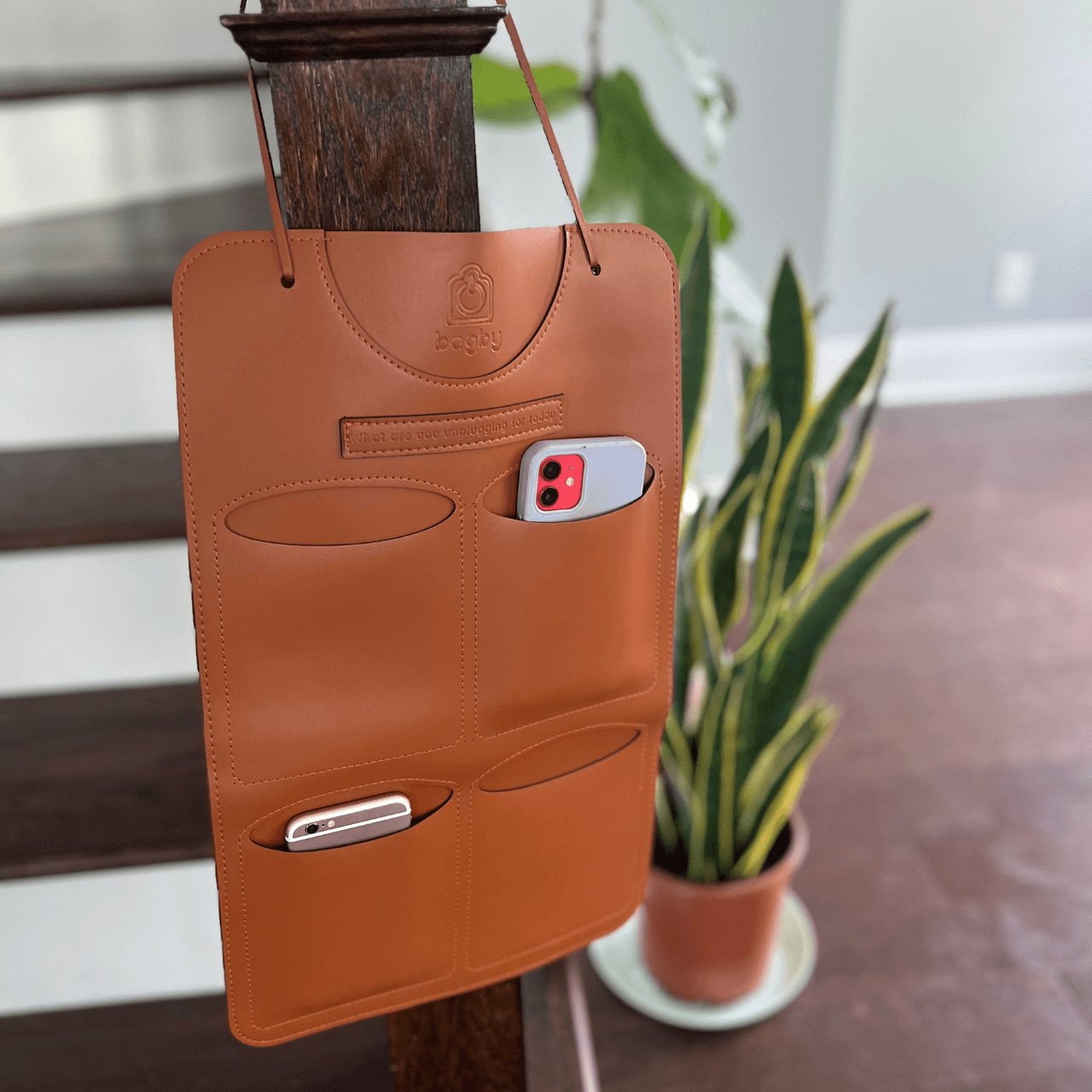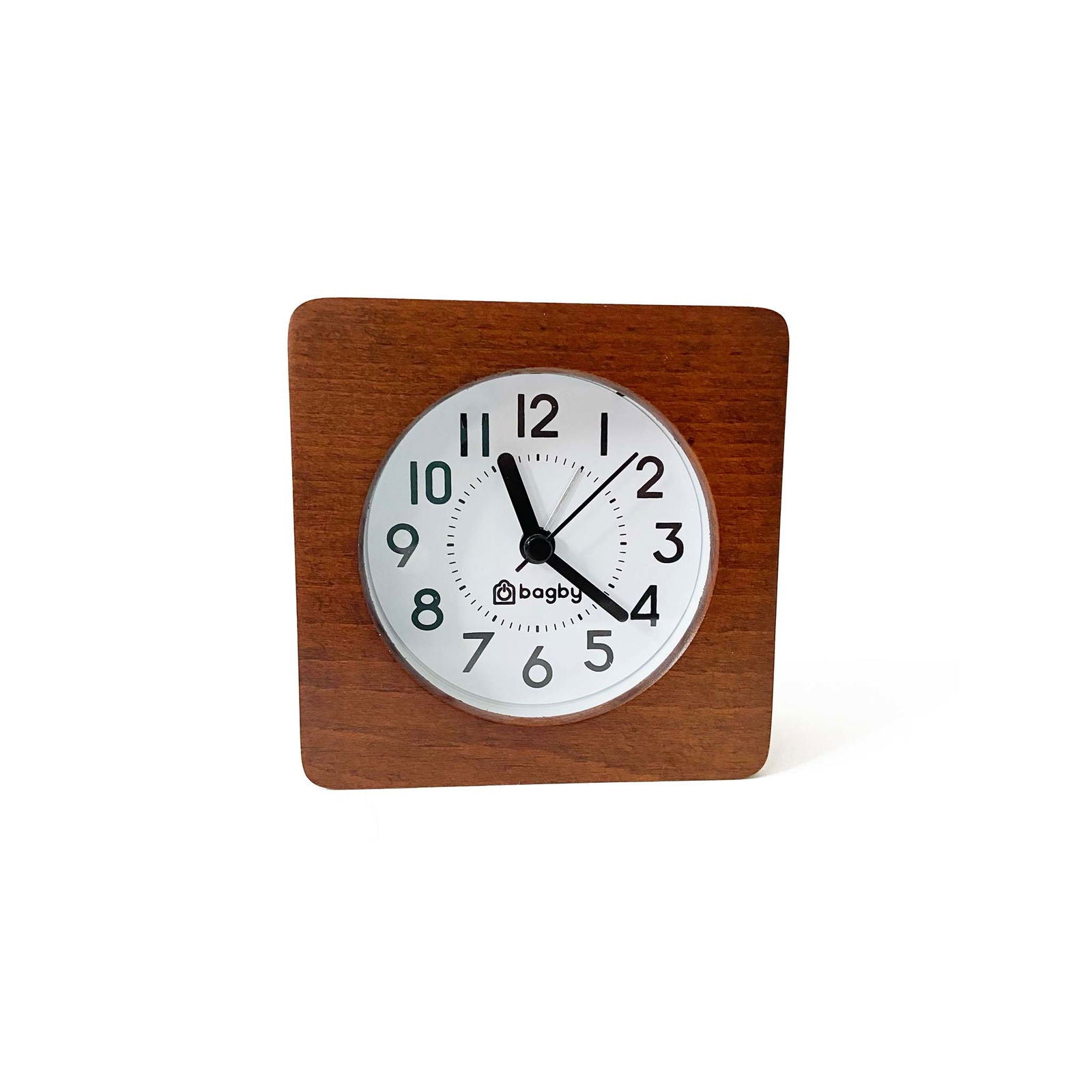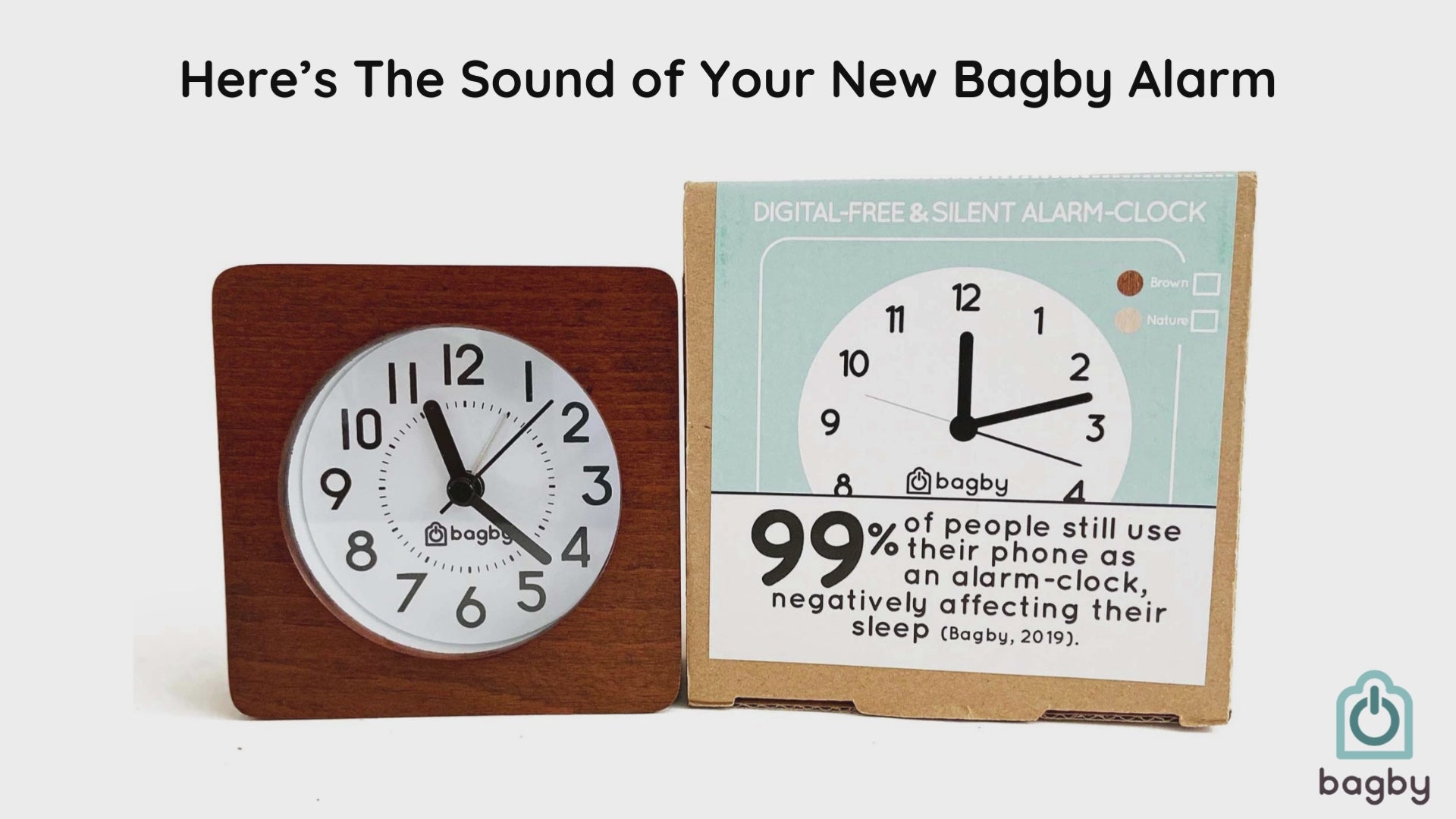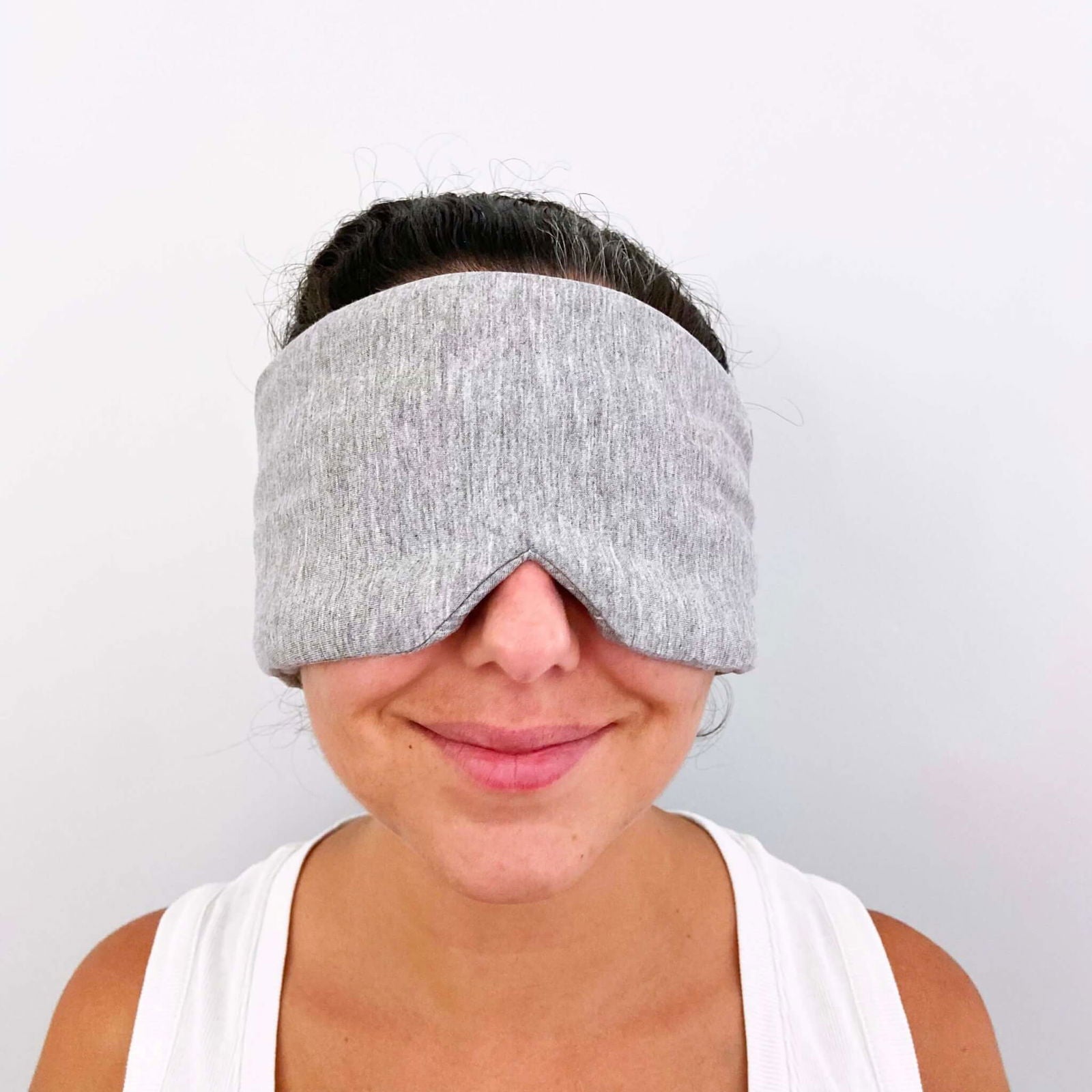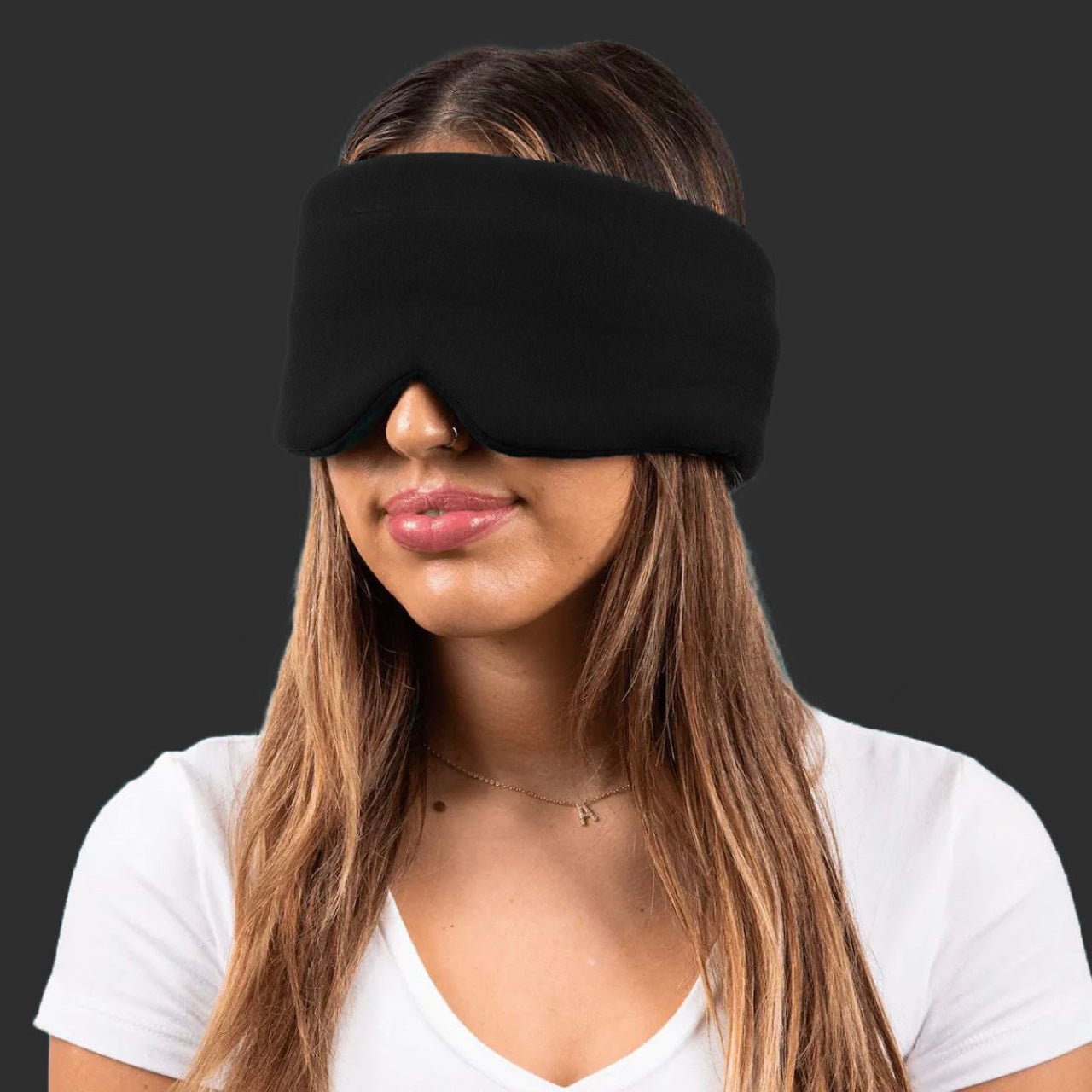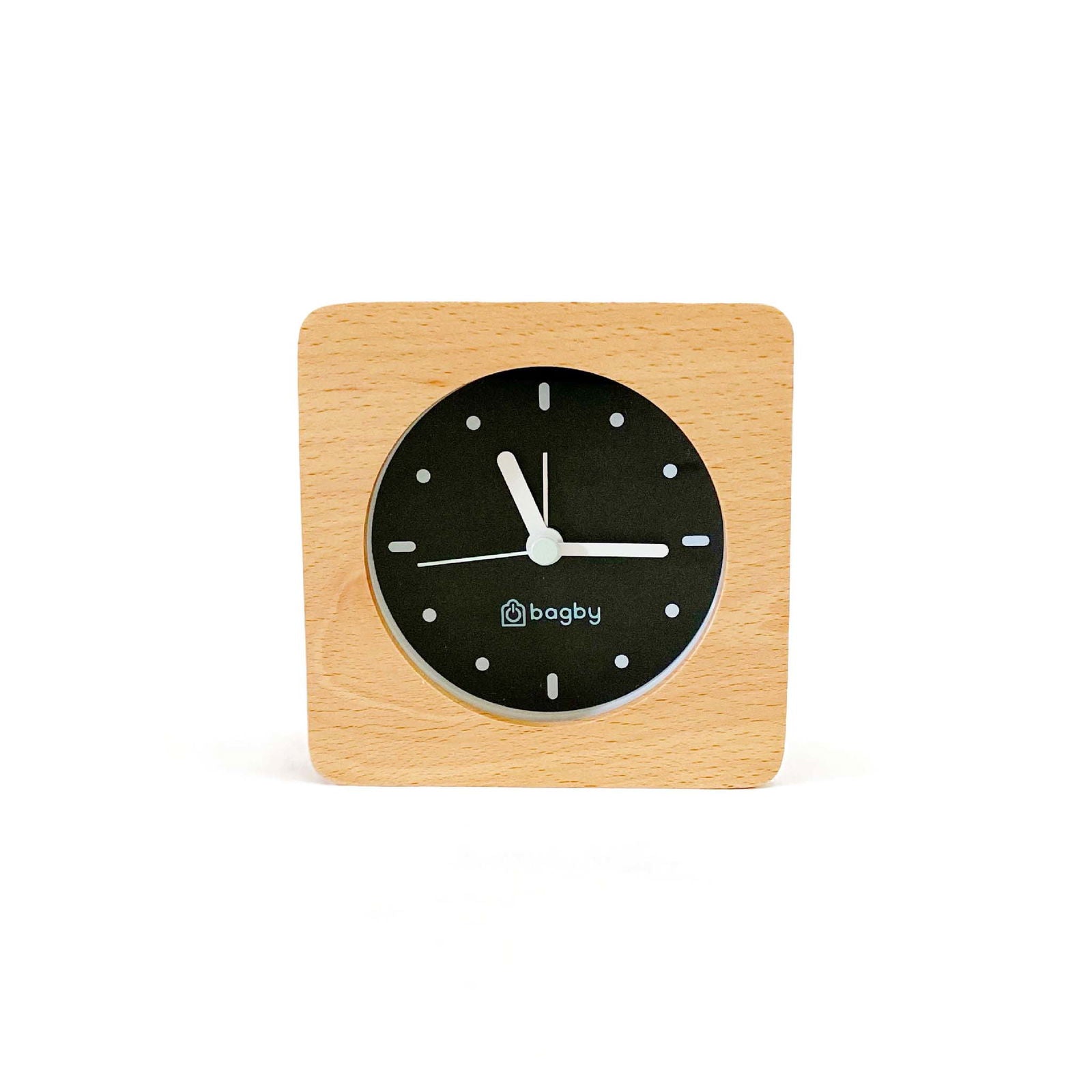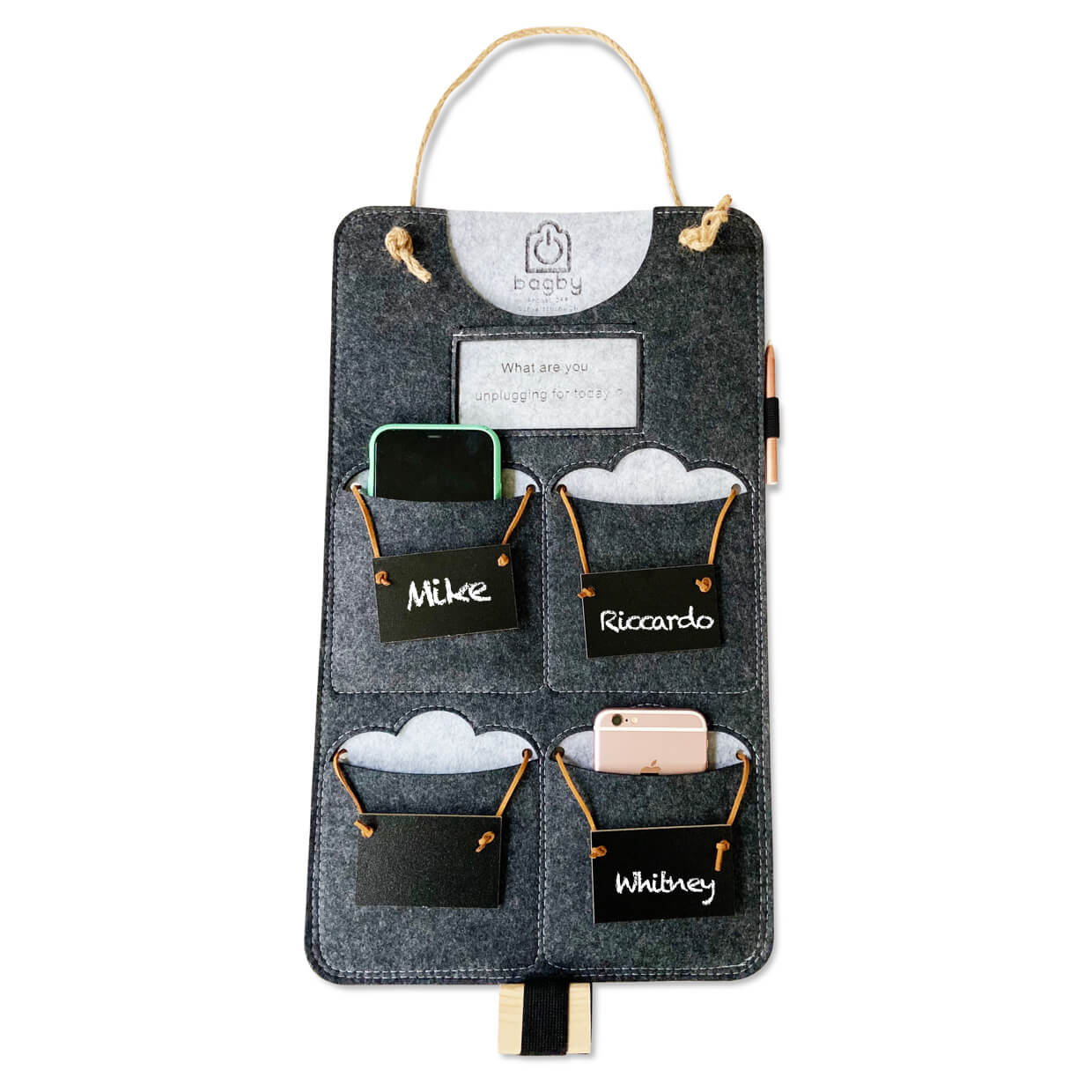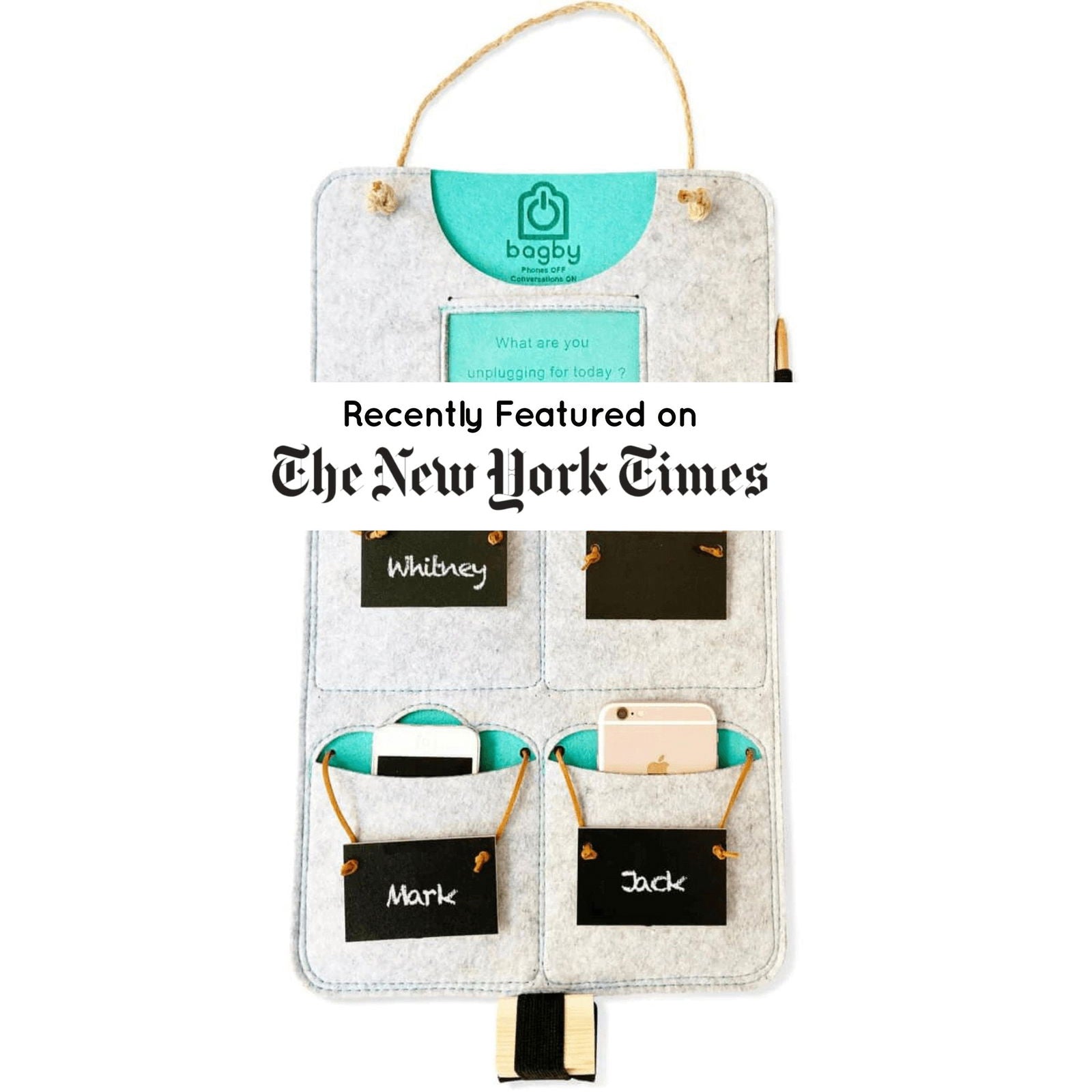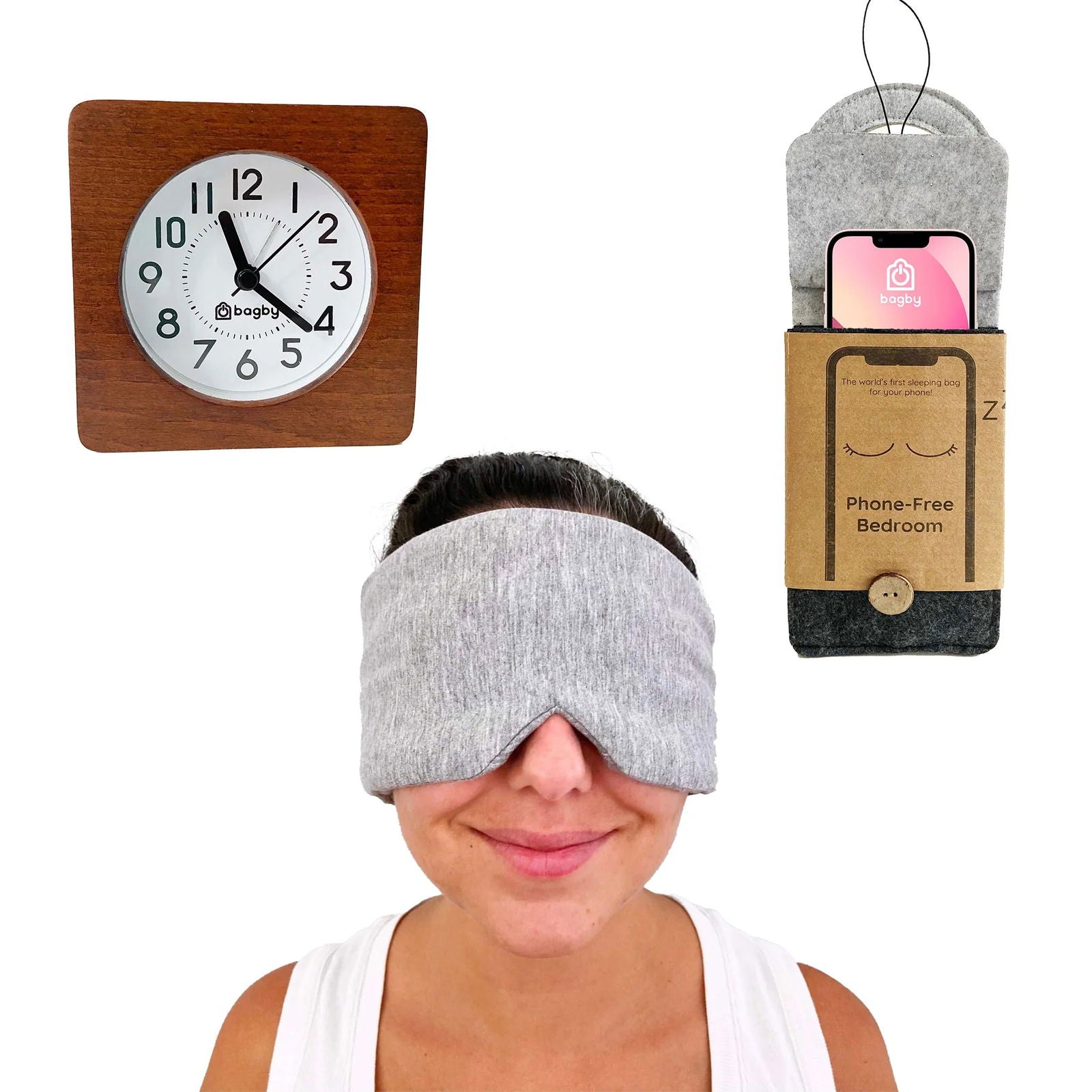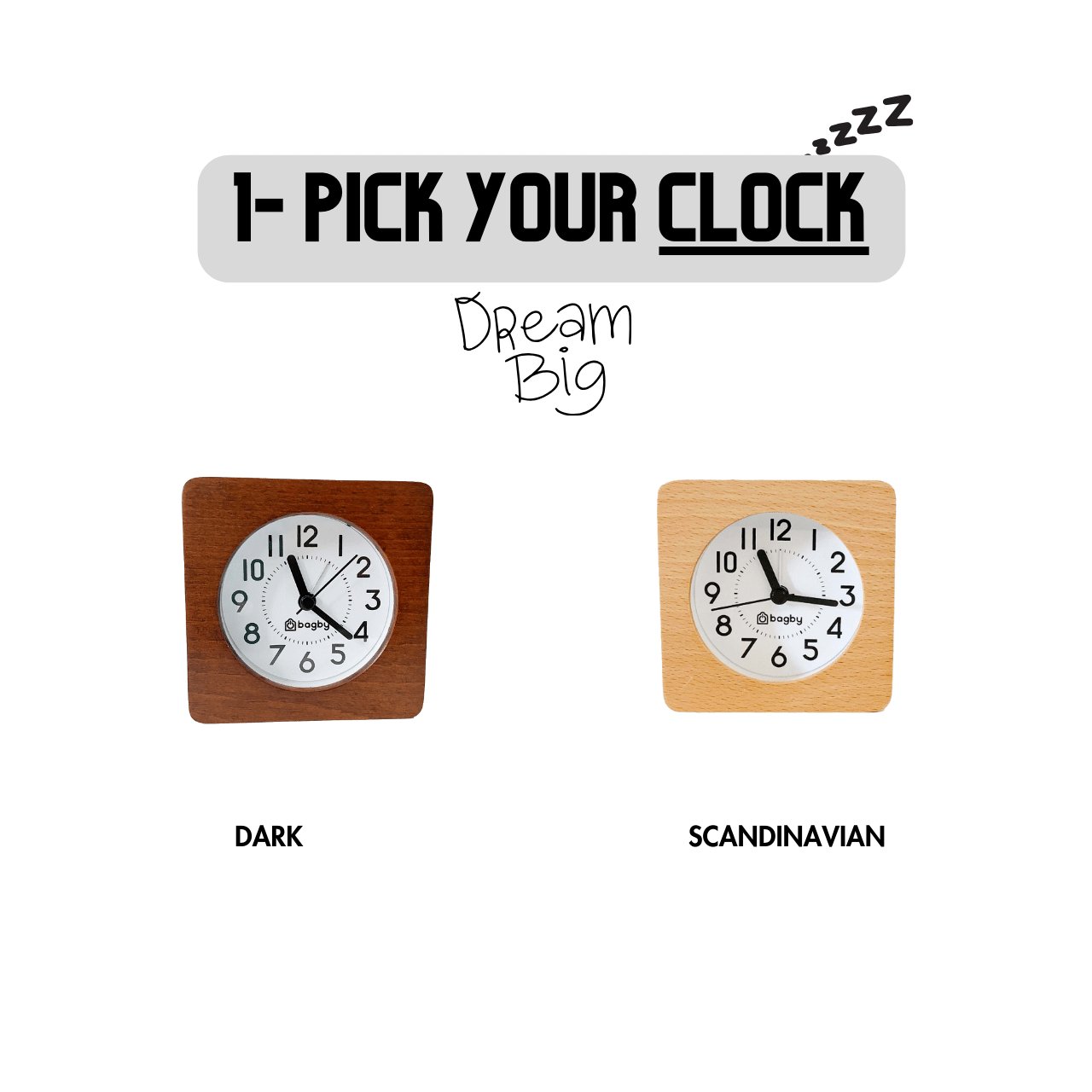From the moment we wake up to the time they go to sleep, we stay glued to our phones. We’ll even resort to texting someone in the same room instead of talking to them. Numbers are growing every year!

What is Digital Wellness
Digital wellness is the solution to improve our relationship with technology and to learn how toenhance human relationships through the intentional use and development of technology.
Smartphone addiction facts & statistics (Updated 2022)
- Over half of Americans have never gone longer than 24 hours without their cell phones (Reviews.org, 2022).
- When people used their phones they showed reduced activity in the anterior cingulate cortex. The anterior cingulate cortex has been linked to a very broad range of cognitive processes and the researchers also found that individuals that used their phones often had reduced volume of grey matter in certain important areas (Heidelberg University, 2020).
- Around 10-30 per cent of children are using smartphones or other devices in a way that it causes them immense discomfort when they do not have a phone around them (King’s College in London, 2020).
- 76% of parents want digital wellness and online safety classes to be taught at school (McAfee, 2021).
- 72% of parents are worried about their children’s exposure to scams online (McAfee, 2021).
- 64% use their phone on the toilet (Reviews.org, 2022).
- The number of smartphone users worldwide today surpasses three billion and is forecast to further grow by several hundred million in the next few years (3.8 billions by 2021). China, India, and the United States are the countries with the highest number of smartphone users, with each country easily surpassing the 100 million user mark (Statista 2020).
- 77% of parents and teens have argued about smartphone usage (CNN, 2019).
- On average, a person in the US spends almost 5.4 hours on their smartphone while kids and teenagers spend 5.7 hours. (St Louis-based senior living community provider Provision Living, 2019)
- A large majority of Americans (92%) believe that smartphone addiction is real. Although 60% of Americans think they touch their phone 100 times or less per day, the reality is that a typical user taps, touches, or swipes their phone a staggering 2,617 times per day (US survey by KDA Engineering).
- The smartphone is the last thing most people look at before going to bed at night (Phubbed and Alone: Phone Snubbing, Social Exclusion, and Attachment to Social Media”, 2019).
- Mobile technology is perceived to cause negative effects to sleep. Of the respondents, 44% had been woken up by the noise, and 41% by the light from a mobile phone in the bedroom (Together in Bed? Couples' Mobile Technology Use in Bed - T. Salmela, A Colley, J. Häkkilä, 2019)
- 74% of the respondents used mobile technology, i.e. a smartphone or tablet, in the shared bed at least once a week. However, only 18% reported using a shared smartphone or tablet together in bed (Together in Bed? Couples' Mobile Technology Use in Bed - T. Salmela, A Colley, J. Häkkilä, 2019).
- 2/3 of Americans say that they “somewhat or strongly agree that periodically ‘unplugging’ or taking a ‘digital detox’ is important for their mental health ( The APA’s Stress in America, 2018).
- Test subjects who received their notifications in batches three times a day reported they felt significantly happier, more focused, and less stressed than those who received notifications as usual, or not at all ( American Psychology Association's conference of Technology, Mind, and Society, 2018).
- Of the 75,000 married couples surveyed, 79 percent admitted technology distracts them from connecting with each other. On top of that, just 22 percent reported being satisfied with how much intentional “couple time” they spend together (Lasting app, 2018).
- We spend more time staring at our phones than making eye contact (Bank Of America, 2016)
- Top technology leaders like Steve Jobs or Bill Gates among other confirmed they've restricted or limited their children's screen time (New York Times, 2017)
- 89% of participants said that insensitive use of technology had negatively affected their personal relationships (VitalSmarts, 2014)
- 99% of people still use their phone as an alarm clock, affecting negatively their quality of sleep (Bagby, 2017)
- The mere presence of one’s own smartphone reduces available cognitive capacity (Adrian F. Ward, Kristen Duke, Ayelet Gneezy, and Maarten W. Bos, 2017) - Link to study.
- 1 In 3 People checks their smartphones in the middle of the night (2016, Deloitte Global Mobile Consumer Survey)
- Americans are viewing their smartphones more often than ever before, on average 52 times per day. That's up from 47 times a day, last year. (2018 Global mobile consumer survey: US edition, Deloitte).
- Conversation killer! 85% of smartphone users will check their device while speaking with friends and family (2018, BankMyCell’s)
- 84% of adults cannot go an entire day without their phones in their hands. (2012, TIME Mobility Poll)
- An average person will spend more than five years of their life on social media (2016 MediaKix)

-
80% of smartphone users check their phone within 1 hour of waking or going to sleep, 35% of which will do within 5 minutes (2016, Deloitte Global Mobile Consumer Survey).
-
47% of smartphone users have attempted to limit their usage in the past – only 30% of which feel they were successful (2018, BankMyCell’s).
- 79% of adult smartphone users have their phones with them for 22 hours a day (2017, IDC Research).
- Smartphones are causing ADHD-Like symptoms in adults (2016, Silence your phones: University of British of Columbia)
- The average time spend on smartphones AND tablets is 261 minutes a day (4hrs 33mins) ((2018, BankMyCell’s).
- The average user spends 76 minutes a day (1hr 16mins) on the top 5 social media apps (2018, Nielsen).
- The average user will tap, swipe, click their phone 2,617 times a day (Dscout's 2016 Mobile Touches Report)
-
Young people who gave give up their phones performed worse on mental tasks when they were in “withdrawal,” and felt physiological symptoms, like increased heart rate and blood pressure. They also felt a sense of loss, or lessening, of their extended self—their phones. (2015 The Extended iSelf: The Impact of iPhone Separation on Cognition, Emotion, and Physiology)
- Out of 18-29-year-old smartphone owners surveyed, 22% check their phone every few minutes, 51% check a few times an hour (2015, Gallup pool).
-
Top 5 Countries with Smartphone Usage: Brazil, China, United States, Italy, Spain (Statista, 2018)
-
Nearly 3 out of 4 workers (70 percent) admit they feel distracted when they're on the job. The problem is biggest for Millennials and Gen Zers, with 74 percent reporting feeling distracted. ( Udemy's survey, 2018)
- Countries like China or South Korea have recognized internet addiction as new disease (Internet Addiction Disorder (IAD)) and fund internet and gaming addiction treatment centers (CNN, 214)
At Bagby, we are not here to add unnecessary technology. We are here to create beautifully crafted and welcoming reminders that real connections start the moment we put our smartphones away and we proudly celebrate that. Our aim is to develop digital-free and simple solutions that people use in their homes and workspaces and become a part of their everyday life. This is WHY we call ourselves "Digital Wellness with a Human Soul".
Our key advice? Start with the bedroom. Don't use your smartphone as alarm-clock.
We will be updating these smartphone addiction facts and statistics every month. Do you have a new fact or study? Leave your comment and include the source, please.


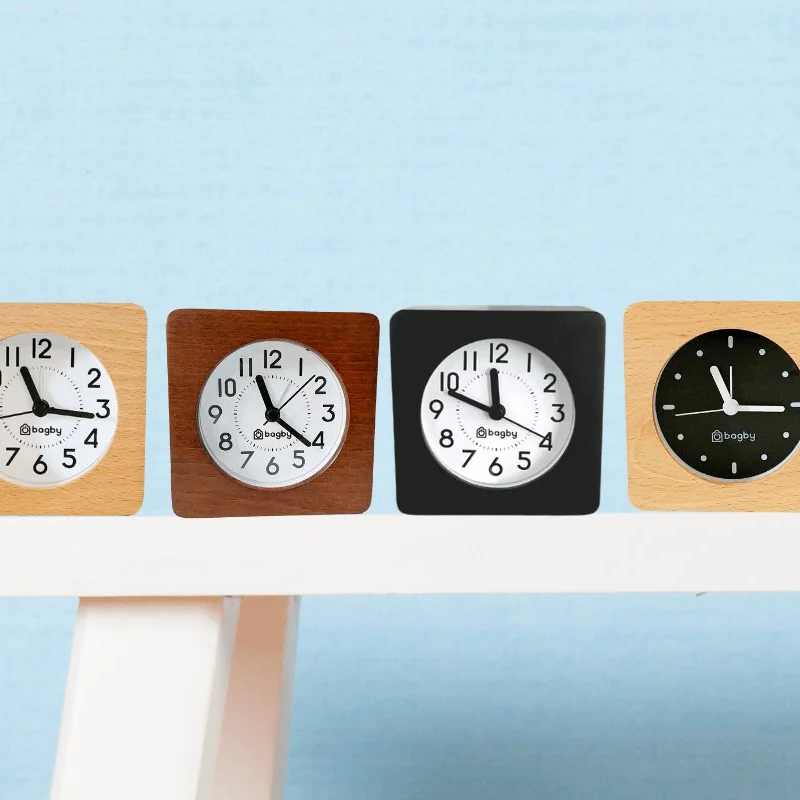

![Smartphone addiction facts & statistics [Updated 2022] - Bagby](http://bagby.co/cdn/shop/articles/smartphone-addiction-facts-statistics-updated-2022-689646.jpg?v=1729708156&width=1500)


